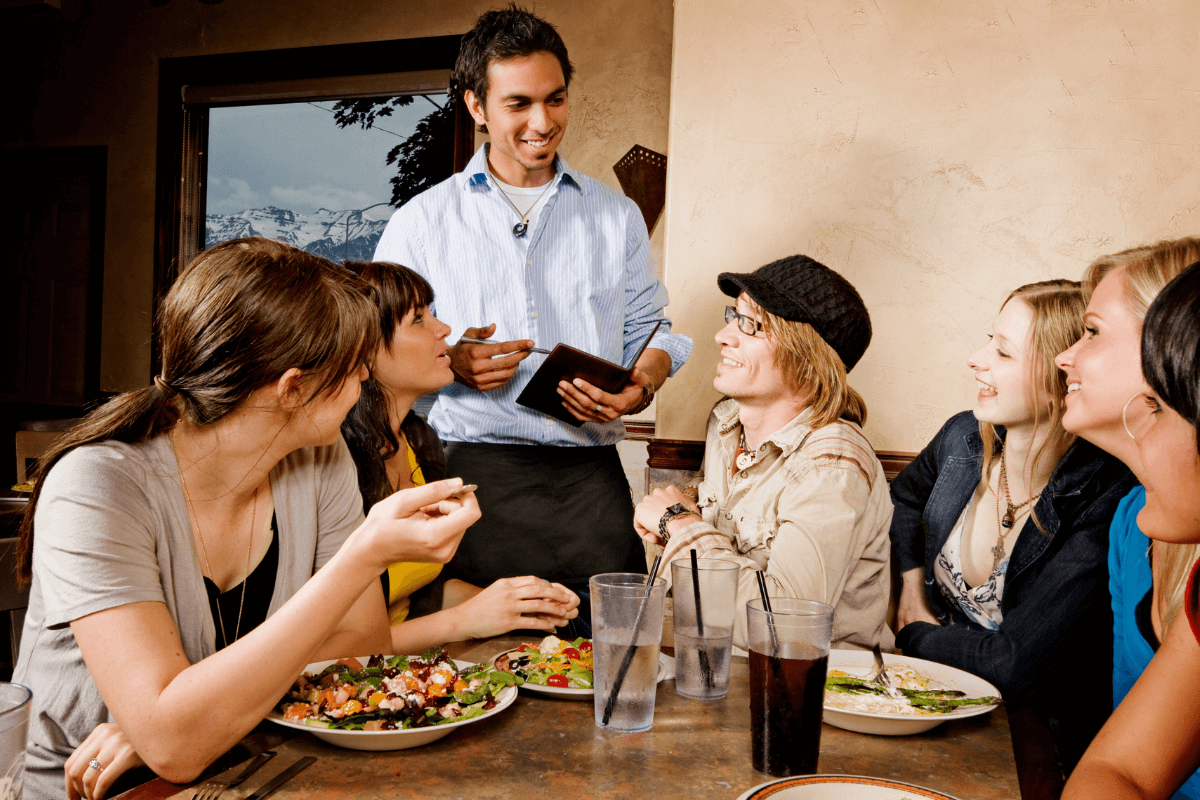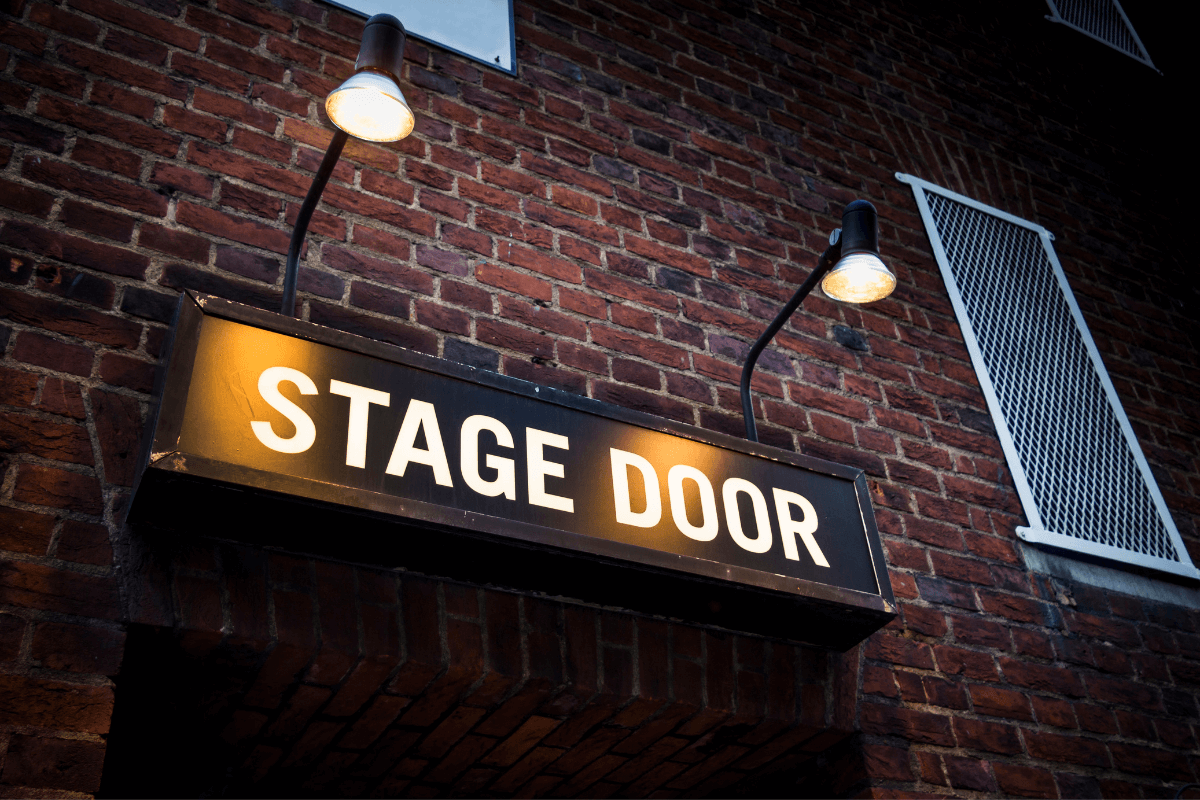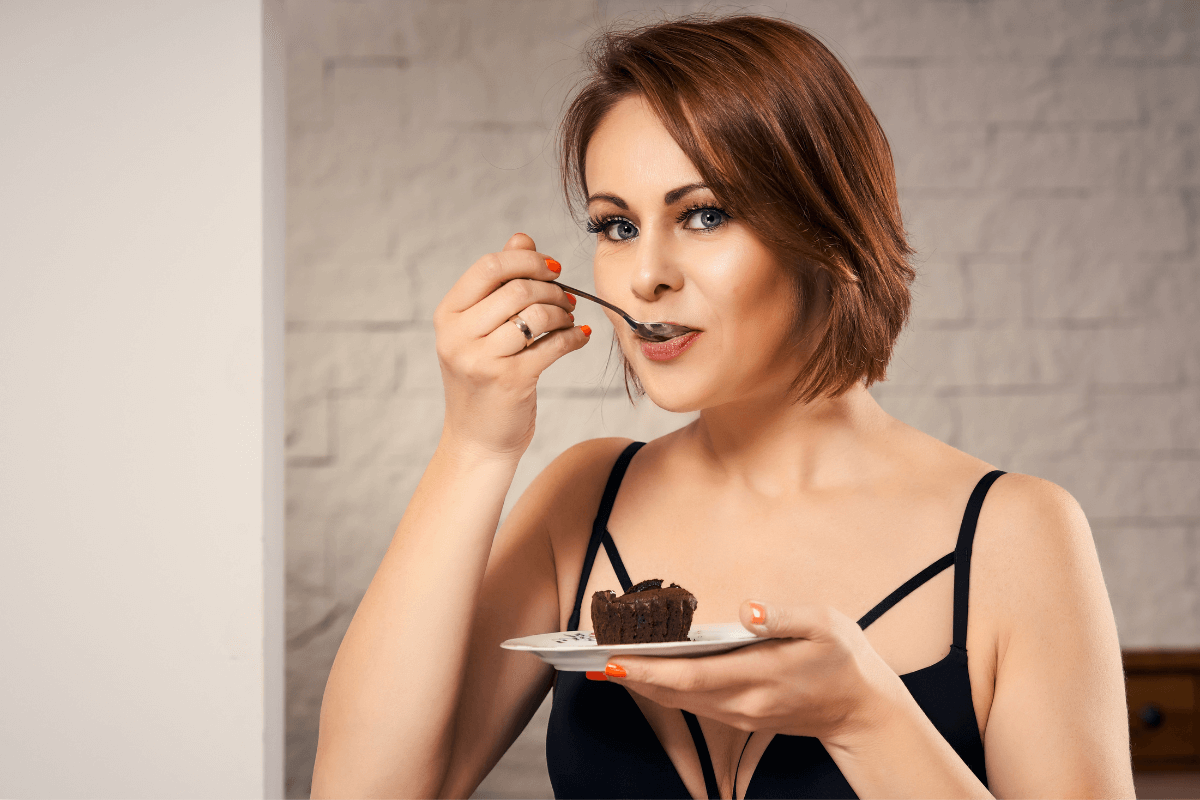There are some simple expressions that inevitably grow and grow over the centuries to become expressible in countless different ways.
To call something “wonderful”, or some equivalent term, is something that most of us probably find ourselves doing all the time, and the British are no different.
Over time, the British lexicon has expanded to include a great many different terms for wonderful.
Today, we’re going to look at some of those terms—let’s get started.

British Slang For Wonderful
Hunky-dory

Starting off we have something of a stereotypical British slang phrase, “hunky dory”.
You’ve likely heard this in movies, TV or books whenever a British character is being depicted.
In truth, though, it is certainly used by British people when they want to say something is wonderful—although perhaps not universally.
It’s a slightly tongue-in-cheek phrase, but nonetheless used in earnest, mostly by the older generation.
Though it’s largely associated with British people today, it was originally an American English expression.
It is first recorded in 1866, and later popularized by a song by Christy Minstrel.
It is thought to be an elaboration of the older word “hunkey”, which meant good or satisfactory, which came from the Dutch word honk.
Others believe it derives from the name Honcho dori, a famous street in Japan where sailors would go for leave.
We just don’t know for sure.
Smashing

Next on this list, we have another very common slang phrase in Britain that can stand in for wonderful—“smashing”.
This is another one that is very stereotypically associated with the British, in part because it’s largely used in that region of England where most international folks get their perception of the British—the south.
To say something is “smashing” simply means it’s wonderful, and is largely used by the older generation but is still very much alive today.
It is first recorded as having this sense in 1911.
It likely predates this in the vernacular by some time.
Of course, the word meaning “to crush to pieces” predates this by some time.
The origin of this other sense of the word is not quite clear.
It is likely just a kind of exaggerative phrase, but we don’t know for certain.
Wicked

Next we have “wicked”, which is certainly a more modern slang term meaning wonderful.
Some might consider it to be a bit dated even considering that, and that it hasn’t quite survived the test of time as well as other slang terms.
It largely depends on where you are in Britain.
In some places it is still used fairly extensively, in others not so much.
It can be used to mean wonderful although many might more typically associate with a sense like “cool”. “
Wicked is believed to have first arose in American English in the 1980s, and spread to Britain through movies and kid’s television.
Of course, the word itself previously meant the precise opposite—to be wicked was to be evil and cruel.
This was part of a long tradition of taking words with negative meanings and spinning them in their slang meaning.
Perf

“Perf” is another way to say that something is wonderful in Britain, and this one is still very common today.
Doubtless, this is another one that is used primarily among the younger generations and less so among the older.
That said, given the clarity of its meaning, you’d probably have to go quite a long way to find someone who didn’t understand this term at all.
Plainly, this term is a simple shortening of the word “perfect”.
But “perfect” in British English can be just as much a stand-in for the word “wonderful”.
So, this term is used for wonderful, though we can’t really say when this habit began.
Abbreviations of this kind are very common, so it may be very old.
It’s only really come into popular use in the last couple of decades, though.
Lush

“Lush” is another way to say that something is wonderful in British slang.
This is another very old word that has encompassed a lot of separate meanings over the centuries.
Today, to call something “lush” means it’s wonderful in a certain kind of way—perhaps most commonly for very tasty, even decadent food.
This is another one mainly used among the younger generations and indeed some may even actively disagree over the specific meaning.
The word lush first appears in written English around the middle of the 15th Century.
It originally had the sense of “lax”, as in soft and tender.
By the 16th Century it had its primary, dictionary definition meaning today of “luxuriant in plant growth”, such as a lush forest.
Over the last 15 or 20 years, it has come to have a much broader meaning simply of wonderful and luxurious.
Beaut

“Beaut” is another great way to say that something is wonderful in British slang.
This one is used across generations and has endured for a very long time.
Though it is plainly a shortening of the word “beautiful” or “beauty”, it doesn’t have to be restricted to this sense of visually or physically beautiful.
If you wanted to describe something as wonderful, you could say it was “beaut”.
This abbreviation first appears in written English in 1866, where it did have the sense more specifically of just “a beautiful person or thing”.
Over time, particularly over the course of the 20th Century, it adapted to have the broader sense of just “wonderful”, though many do still use it in the narrower sense of “beautiful”.
Brill

“Brill” is a great, universal and very simple way to say that something is wonderful in British slang.
Virtually everyone uses it to some extent or at least will intuitively understand what it means.
As you can see, the British certainly like to abbreviate longer terms when they want to describe something as wonderful.
From the north of Scotland to the south of England, “brill” is used to mean wonderful just about everywhere.
This one is perhaps a bit less intense in its sense than others—something that’s “brill” is definitely wonderful but perhaps not to the same extent as some of the other terms on this list.
“Brill”, as I said, is simply an abbreviation of the word “brilliant”. It’s hard to say when this shortened form came into widespread use although it’s generally believed it was sometime in the 20th Century.
Originally, the term “brilliant” meant “sparkling with light”, and this is first recorded around the end of the 17th Century.
It slowly expanded in meaning over time until it arrived as this modern abbreviation.
Stellar

Staying on the theme of metaphors of light, next we have “stellar”.
This is another very common British slang term meaning “wonderful” which you’ll hear in most places in Britain.
It is perhaps more common in the south and Midlands of England, but it will definitely be understood everywhere.
This is a rather evocative term which means something is so good it rivals in the stars in what it makes you feel.
The word stellar is another one deriving from the late 17th Century.
It is first recorded in the 1650s and meant “pertaining to stars” or “star-like”, from the Latin stellaris.
Of course the literal meaning of the word in British today is largely unchanged, but it first came to mean “wonderful” or “outstanding” in the 19th Century, our first written example coming from 1883.
Blinding

In a similar vein, if you want to say something is outstandingly wonderful you can say it is “blinding”.
This is a common slang expression in Britain meaning something is incredibly good and wonderful.
As you might be “blinded” by the brilliance of the sun, you can find something extremely wonderful to be “blinding” in its wonder.
This one is again used fairly commonly though is perhaps mostly resigned to the older generations in England, Scotland and Wales today.
Naturally the word blinding also originally just had a literal meaning—to make blind or deprive of sight.
This was first recorded in 1737, though it likely predated that by some time.
When it came to have this meaning is not clear, although it seems not to have been earlier than the last century or so.
Ace

Ace is a really common slang term meaning wonderful which you’ll hear just about everywhere by all ages of people.
It can have some slightly different senses, broadly meaning “very good” but naturally, it can be used in the more specific sense of “wonderful”, too.
Some might consider this to be a bit dated, but the fact is that lots of people still use it though its popularity has waned and risen over the decades.
Ace itself is a very old word going as far back at least as the 14th Century.
Originally it referred to “one at dice”, most likely deriving from a Latin root.
This modern sense is thought to derive from the World War I slang “ace pilot”, referring to a pilot who had downed a certain number of enemy planes.
It then developed to simply mean something extremely good or wonderful.
Fab

Fab is another one used throughout Britain by all ages of people to mean “wonderful”.
It’s another example of the popular abbreviation technique used in so much British slang.
Depending on the person using it, “fab” could have varying levels of meaning.
It can be used very casually, often just as part of a thank you.
On the other hand, most tend to reserve it for more intense meanings.
The abbreviated form “fab” is first recorded in use in 1957, so we can imagine it predates this by a few years at least.
But the word “fabulous” itself comes from the early 15th Century, where it related specifically to mythical wonder from the Latin fabulosus meaning “celebrated in fable”.
Dynamite

Finally we have “dynamite”, another common British slang expression to use when something is wonderful or very good.
It’s commonly used throughout Britain to mean wonderful, although this is another one not very commonly used by younger generations today.
Again, depending on who is using it, its sense might be broad or narrow.
Many reserve it specifically for physical attractiveness.
Others use it much more broadly to mean anything wonderful.
Again, dynamite itself of course refers to a very powerful explosive made from nitro-glycerine.
This was invented, and the name coined by its inventor, in 1867.
This modern, positive sense of something being “dynamic, excellent, wonderful” comes from the 1960s, and is thought to have originally been used in the African-American community, though we don’t know for sure.
You’re never short on ways to call something wonderful with British slang, then.
Everything from the simplest declarations of goodness to the grandest exultations of wonder and beauty,
British slang encompasses the entire range of emotions. If you hear any of these terms while you’re in Britain you’ll know well what they mean—and you could even try using a few yourself!
More in British Slang
- British Slang For Alcohol
- British Slang For Angry
- British Slang For Argument
- British Slang For Bad
- British Slang For Boss
- British Slang For Boy
- British Slang For Breasts
- British Slang For Butt
- British Slang For Car
- British Slang For Cat
- British Slang For Child
- British Slang For Cigarette
- British Slang For Coffee
- British Slang For Cold
- British Slang For Cool
- British Slang For Delicious
- British Slang For Diarrhea
- British Slang For Dog
- British Slang For Drunk
- British Slang For Easy
- British Slang For Expensive
- British Slang For Eyes
- British Slang For Face
- British Slang For Fat Person
- British Slang For Fist Fight
- British Slang For Flatulence
- British Slang For Food
- British Slang For Friend
- British Slang For Girl
- British Slang For Glasses
- British Slang For Going To Bed
- British Slang For Good
- British Slang For Good Luck
- British Slang For Goodbye
- British Slang For Gossip
- British Slang For Grandmother
- British Slang For Gun
- British Slang For Hair
- British Slang For Happy
- British Slang For Head
- British Slang For Helicopter
- British Slang For Hello
- British Slang For Horny
- British Slang For House
- British Slang For Hungry
- British Slang For Hurry Up
- British Slang For Husband
- British Slang For Idiot
- British Slang For Jail
- British Slang For Jerk
- British Slang For Job
- British Slang For Kiss
- British Slang For Knife
- British Slang For Loser
- British Slang For Lover
- British Slang For Lying
- British Slang For Menstruation
- British Slang For Money
- British Slang For Motorcycle
- British Slang For Mouth
- British Slang For No
- British Slang For Nonsense
- British Slang For Nose
- British Slang For Pajamas
- British Slang For Party
- British Slang For Police
- British Slang For Poor
- British Slang For Potato
- British Slang For Pregnant
- British Slang For Rain
- British Slang For Relax
- British Slang For Rich
- British Slang For Sailor
- British Slang For Sandwich
- British Slang For Scared
- British Slang For Sexy
- British Slang For Shoes
- British Slang For Silly
- British Slang For Soldier
- British Slang For Stomach
- British Slang For Surprised
- British Slang For Tea
- British Slang For Teeth
- British Slang For Telephone
- British Slang For Television
- British Slang For Testicles
- British Slang For Thank You
- British Slang For Thief
- British Slang For Tired
- British Slang For Toilet
- British Slang For Umbrella
- British Slang For Vacation
- British Slang For Vomit
- British Slang For Walking
- British Slang For Weird
- British Slang For Wife
- British Slang For Wonderful
- British Slang For Work
- British Slang For Yes
- British Slang Insults
- British Slang Quiz

